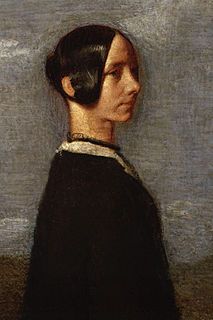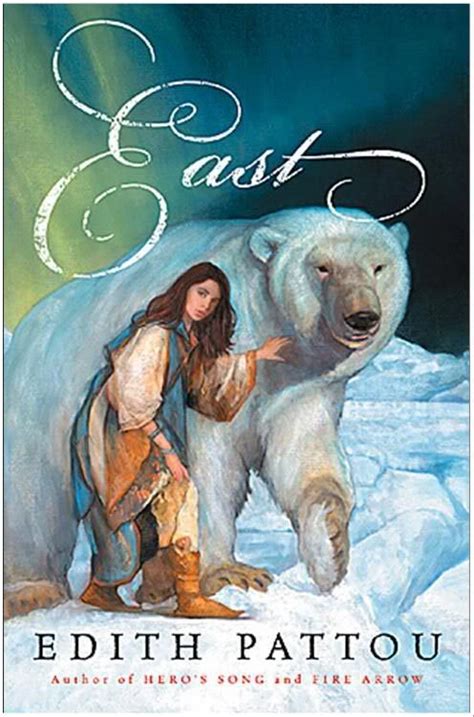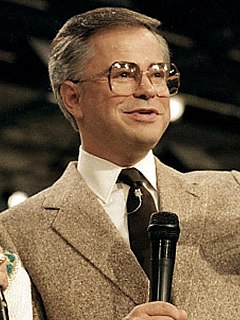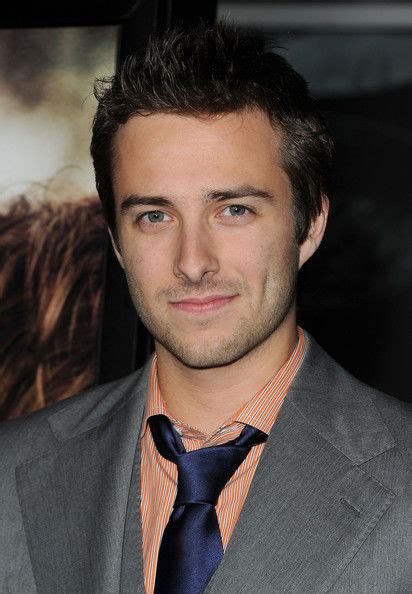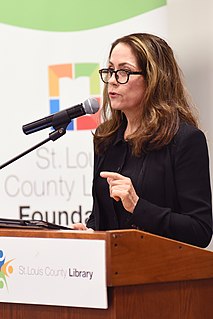A Quote by Jane Welsh Carlyle
If they had said that the sun or the moon had gone out of the heavens, it could not have struck me with the idea of a more awful and dreary blank in creation than the words: Byron is dead!
Related Quotes
East of the sun and west of the moon.' As unfathomable as the words were, I realized I must figure them out, reason it through. For I would go to this impossible land that lay east of the sun and west of the moon. From the moment the sleigh had vanished from sight and I could no longer hear the silver bells I knew that I would go after the stranger that had been the white bear to make right the terrible wrong I had done him.... All that mattered was to make things right. And I would do whatever it took, journey to wherever I must, to reach that goal.
It was as if the demise of the owner had lent the flat a physical void it hadn't had before. At the same time he had the feeling that he wasn't alone. Harry believed in the existence of the soul. Not that he was particularly religious as such, but it was one thing which always struck him when he saw a dead body: the body was bereft of something...the creature had gone, the light had gone,there was not the illusory afterglow that long-since burned-out stars have. The body was missing its soul and it was the absence of the soul that made Harry believe.
I never thought before, that there was a woman in the world who could affect me so much by saying so little. But don't be hard in your construction of me. You don't know what my state of mind towards you is. You don't know how you haunt and bewilder me. You don't know how the cursed carelessness that is over-officious in helping me at every other turning of my life WON'T help me here. You have struck it dead, I think, and I sometimes wish you had struck me dead along with it.
The more I studied the Bible, however, I had to admit that the prosperity message did not line up with the tenor of Scripture. My heart was crushd to think that I led so many people astray. I was appalled that I could have been so wrong, and I was deeply grateful that God had not struck me dead as a false prophet.
My first interaction with Gene was that after I auditioned I walked out of the room and then this big guy walks out with me, and he puts his hand on my shoulder and he says, 'You make my words sound better than they are.' And I said, 'Well, you must be the writer.' And he said 'I'm Gene Roddenberry.' And I had no idea who that was.
I believed that by fixing it down in words, I could force sense from all that had happened, that effect would follow cause, and the reason for each event come clear to me. But then I returned one day, to find all my careful scribing gone to fragments of vellum lying in a trampled yard with wet snow blowing over them. I sat my horse, looking down at them, and knew that, as it always would, the past had broken free of my effort to define and understand it. History is no more fixed and dead than the future. The past is no further away than the last breath you took.
His [Elijah] heart was beginning to give signs of alarm; he was enjoying being at this woman's side. Love could be a more frightening experience than standing before Ahab's soldier with an arrow aimed at his heart; if the arrow had struck him, he would be dead -and the rest was up to God. But if love struck him, he alone would have to take responsibility for the consequences.
We had a wonderful trip, a seven-day trip, talking and sitting in the sun and so forth [with Bernard Leach]. And as we were approaching England, Leach said, "Do you have a place to live?" And we said, "No, we didn't." We hadn't worried about that. But Bernard had just separated from his second wife, which we had not realized, and Bernard was a person who could not stand to live alone. So he said, "Would you like to share my house with me?" Naturally we said yes.
